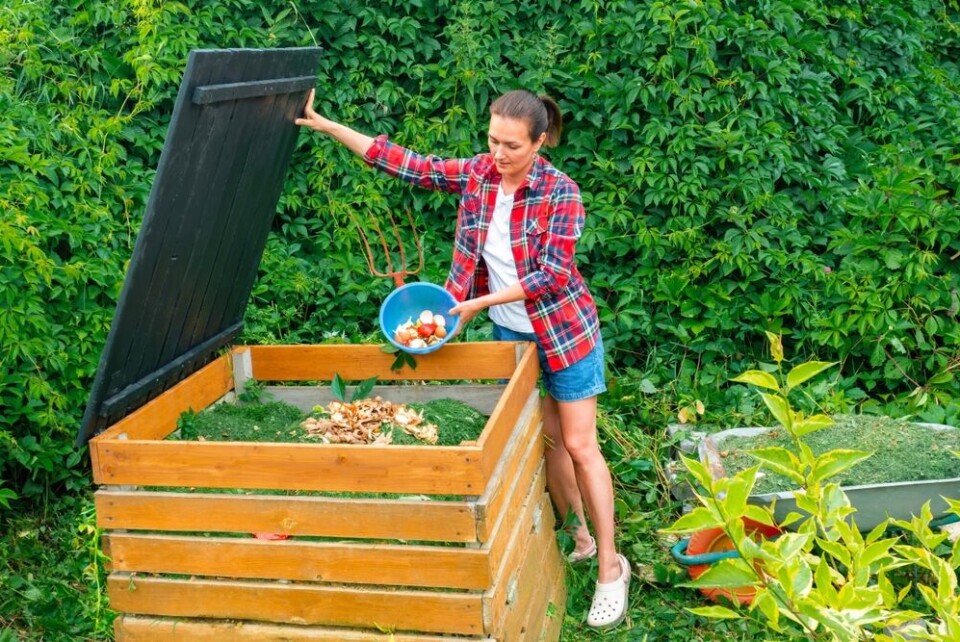-
Let your lawn grow, water for birds: how to help wildlife in your French garden
‘It is acceptable to have untidy hedgerows,’ says biodiversity spokesperson.
-
How to help hedgehogs in your garden in France
Follow these tips to create a healthy ecosystem for this protected species
-
Tefal launches nationwide pan collection scheme in French supermarkets
Shoppers can receive a discount voucher for recycling used cooking utensils - all brands accepted
Rats are not attracted to compost heaps, assures French waste expert
The new food waste law means many people are thinking of composting but worry about vermin and smells

A waste disposal expert has dismissed fears that new rules on domestic composting will attract rats and smells.
From January, all homes in France must have a means of keeping food waste apart from other rubbish but not everyone feels confident about composting it themselves.
Read more: Seven questions about new obligatory composting law in France
Microorganisms from soil convert the waste into compost
Sandra Coiffard, of Charente waste disposal syndicat Calitom, who has a state-approved maître-composteur diploma, said: “There is some understandable worry but, really, composting is a very simple process.
“To avoid problems, people need to know a bit about the natural process by which moist, organic waste, such as food, is converted by microorganisms and earthworms into rich compost you can use in the garden.
“The microorganisms come from the soil and can be seen as little animals that need food, in the form of waste, oxygen to breathe and humidity to drink.”
Read more: Do not put biodegradable plastic bags with compost in France
Correct level of moisture is important
The process starts as soon as waste is piled into a heap, either in a purpose-made composter or an improvised one.
As the heap grows, the moisture and weight can squeeze out the air.
“When this happens, there is a risk you start getting smells, and things do not compost properly, so you may get slime,” said Ms Coiffard.
“The solution is to have some dry matter, such as dried leaves and twigs, in thin layers between the waste. This allows air into the heap, so things keep composting nicely.”
She said that, in dry spells, compost might need watering to stop it drying out.
Many experts recommend turning over the heap with a fork every few weeks to further oxygenate it, but Ms Coiffard said this is often unnecessary.
Turn over the compost to disturb rats
Regarding vermin, she said rats are not attracted to compost heaps specifically.
“If you have rats in your heap, it is because they were already living somewhere in the garden,” she said.
“Like humans, they like a quiet life, so if they do appear, the best thing you can do is turn over the compost and disturb them. Once a day will do the trick.”
She also recommends putting the composter on paving slabs to stop mice and rats digging under it.
“However, it is important to leave a gap of half a centimetre or so between the slabs so there is some contact with the soil,” she advises.
“This ensures micro-organisms and worms can get in.”
While meat and fish waste can attract flies, burying them in the middle of the heap should avoid this.
“It really is easy,” Ms Coiffard said. “And the end result is very satisfying.”
Related articles
Explainer: the rules about composting from January 1 in France
Autumn leaves: Rules on what to do with garden waste in France
Zero-waste workshops teach French towns to save money and the planet
























